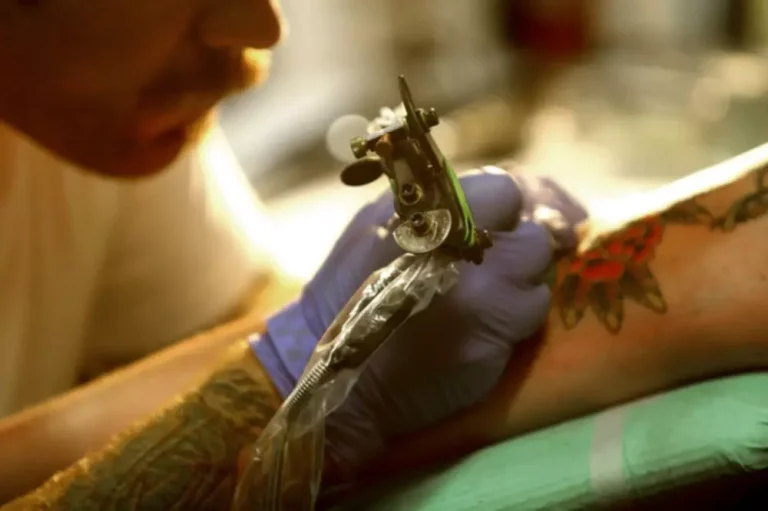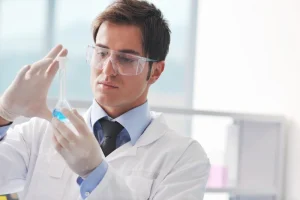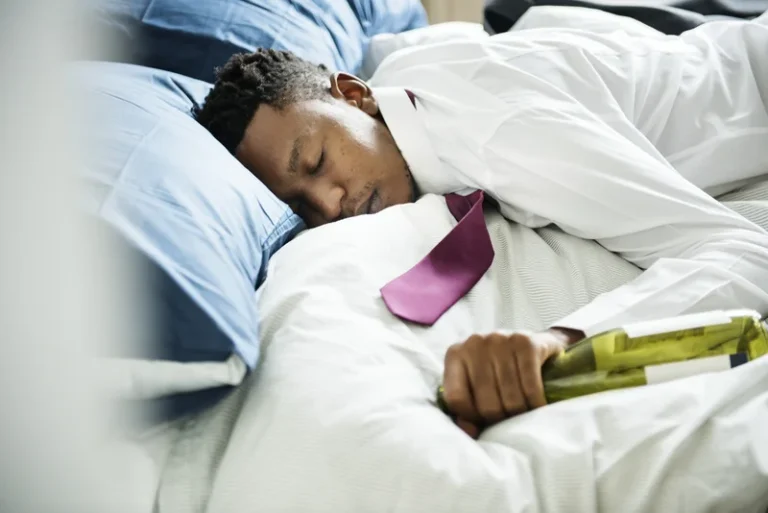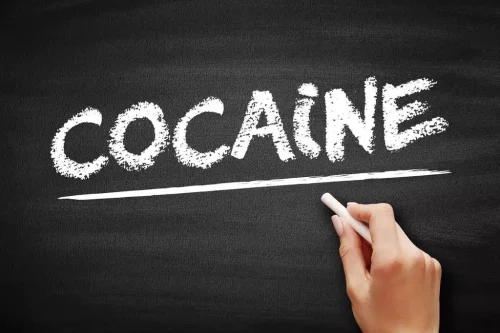
If bloating after drinking becomes a problem, there may be ways to either get rid of it or avoid it in the first place. Lots of people https://ecosoberhouse.com/ with alcohol use disorder need professional help to quit drinking. They’ll let you know what to expect and how to recover safely.
- Tell your doctor if you see, hear, or feel things that aren’t there.
- This drop affects the hypothalamus, a part of the brain that regulates temperature.
- Others report experiencing hangover shakes in their arms, eyes, head, and even their voice.
Medical tools and resources
Why do hangover shakes happen, and are they a sign of anything serious? Read on to find out and pick up a few tips to help yourself feel better. Take our short alcohol quiz to learn where you fall on the drinking spectrum and if you might benefit from quitting or cutting back on alcohol.
Alcohol Withdrawal Hot Flashes
When the vessels expand, you might feel even warmer because of the increased blood flow inside the blood vessels beneath your skin. You may also find that you sweat more after you drink alcohol, because of increased blood flow in the vessels under your skin. Millions of people around the world deal with an alcohol flushing reaction, or an alcohol intolerance.
What are Hot Flushes?

Things are further complicated by the fact that sweating during a hangover can cause dehydration. Since we’re already dehydrated from alcohol, this is like a double whammy, causing us to experience even greater thirst, weakness, dry mouth, dizziness, or lightheadedness. Rough sleeping in extremely low temperatures over winter, combined with prevalent alcohol addiction problems, make the homeless population particularly vulnerable to hypothermia. Many people who regularly drink excessive quantities of alcohol become alcohol-dependent. There is a great deal of help for people who are alcohol-dependent and want to stop drinking.
- If you want to minimise how hot you get when drinking, try drinking alcohol slower.
- A small amount of alcohol is broken down in your stomach lining, but your liver metabolizes most of it.
- But the only guaranteed way to prevent a hangover is to not drink alcohol.
- Hot flushes, commonly referred to as alcohol flush reactions or hot flashes, are a physiological response that can occur after drinking.
- Since alcohol disrupts your body’s temperature regulation, it can also cause further sweating as the night goes on.
Concerned About Hot Flushes?
Alcohol poisoning is a serious and sometimes deadly result of drinking large amounts of alcohol in a short period of time. Drinking too much too quickly can affect breathing, heart rate, body temperature and gag reflex. Alcohol affects every system in your body, including the central nervous system. So, when you drink alcohol in any amount, you may experience side effects such as hangover hot flashes. While some side effects are common, you may want to talk to your doctor if they become severe or happen frequently.


Genetic, psychological, social and environmental factors can impact how drinking alcohol affects your body and behavior. Theories suggest that for certain people drinking has a different and stronger impact that can lead to alcohol use disorder. Unhealthy alcohol use includes any alcohol use that puts your health or safety at risk or causes other alcohol-related problems. It also includes binge drinking — a pattern of drinking where a male has five or more drinks within two hours or a female has at least four drinks within two hours. Alcohol use disorder is a pattern of alcohol use that involves problems controlling your drinking, being preoccupied with alcohol or continuing to use alcohol even when it causes problems.
Does Physiological Dependence Mean You’re Addicted to Alcohol?
Listen to relatives, friends or co-workers when they ask you to examine your drinking habits or to seek help. Consider talking with someone who has had a problem with drinking but has stopped. These serious mental and physical symptoms usually show up 2 to 4 hours after your last drink.

Help for Alcohol Abuse and Addiction
But as you continue to drink, you become drowsy and have less control over your actions. You might not have any issues does alcohol make you sweat after your short-term withdrawal goes away. But sometimes uncomfortable symptoms stick around for months or years.
- Alcohol use disorder includes a level of drinking that’s sometimes called alcoholism.
- However, as long as we’re sensible and aware of our units, our chances of developing health issues are low.
- If your clothing or your bedroom temperature causes you to sweat, it’s not considered night sweats.
- No points for guessing that high body temperature and increased heart rate are the biggest culprits here.


